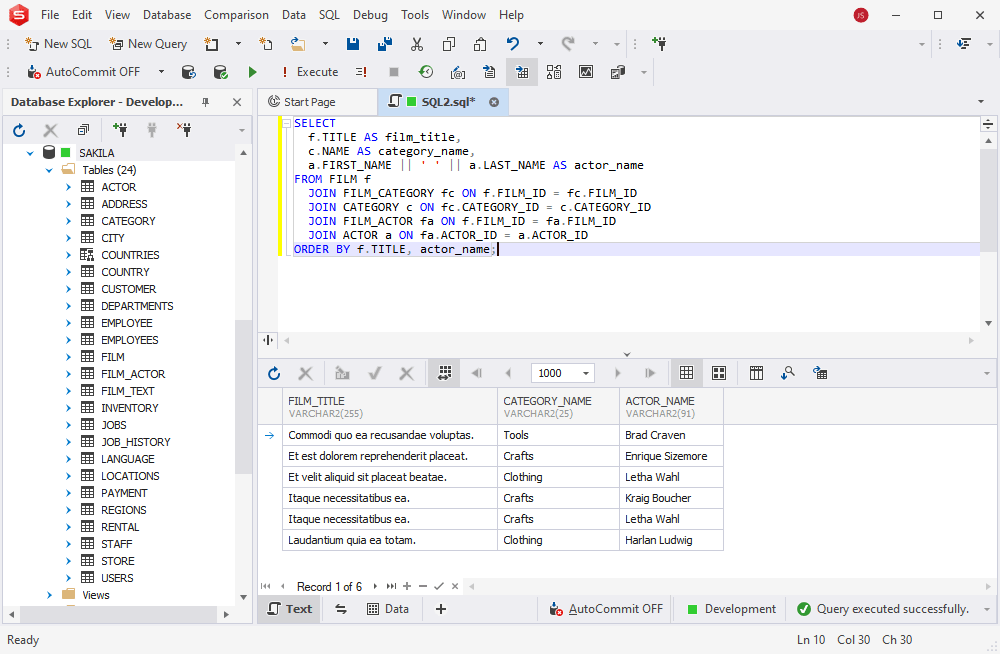How can you use the 'IF' statement in Oracle SQL to implement conditional logic?
In Oracle SQL, the 'IF' statement can be implemented using the CASE expression, which allows you to evaluate multiple conditions and return a value based on the first condition that is met. This powerful feature enables you to create complex conditional logic within your queries, making it easier to handle different scenarios and outcomes. By structuring your queries with the 'IF' statement, you can streamline your code and make it more readable and maintainable. How can you leverage the 'IF' statement to optimize your Oracle SQL queries?What is the significance of the 'AND' operator in Oracle SQL?
The 'AND' operator plays a crucial role in Oracle SQL queries by allowing you to specify multiple conditions that must all be true for a row to be included in the result set. By using the 'AND' operator in conjunction with other logical operators such as 'OR' and 'NOT', you can create intricate conditions that filter and retrieve data with precision. How can you effectively utilize the 'AND' operator to refine your query results and extract the desired information from your database?How can you combine the 'IF' statement and 'AND' operator in Oracle SQL for more advanced querying?
By combining the 'IF' statement and 'AND' operator in Oracle SQL, you can create sophisticated queries that incorporate conditional logic and multiple criteria for data retrieval. This advanced approach allows you to tailor your queries to specific requirements and perform complex operations on your database tables. How can you integrate the 'IF' statement and 'AND' operator effectively in your Oracle SQL queries to maximize efficiency and accuracy?
Exploring The Vibrant World Of Toshiba Red And Green
Connecting Git To GitLab In Visual Studio
Unlocking The Secrets Of The Type A Negative Blood Diet

SQL Editor for Oracle PL/SQL Editor in Oracle IDE

6 PL/SQL documentation tools for Oracle DBMS Tools

Oracle SQL Developer Release 3.2 Here Free by Oracle Your Post My Blog